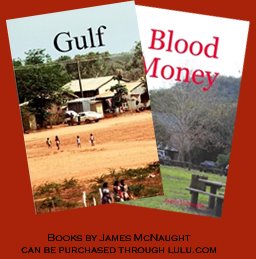Lev 25: 8-22, “And thou shalt number seven sabbaths of years unto thee, seven times seven years; and the space of the seven sabbaths of years shall be unto thee forty and nine years. Then shalt thou cause the trumpet of the jubile to sound on the tenth day of the seventh month, in the day of atonement shall ye make the trumpet sound throughout all your land. And ye shall hallow the fiftieth year, and proclaim liberty throughout all the land unto all the inhabitants thereof: it shall be a jubile unto you; and ye shall return every man unto his possession, and ye shall return every man unto his family. A jubile shall that fiftieth year be unto you: ye shall not sow, neither reap that which groweth of itself in it, nor gather the grapes in it of thy vine undressed. For it is the jubile; it shall be holy unto you: ye shall eat the increase thereof out of the field. In the year of this jubile ye shall return every man unto his possession. And if thou sell ought unto thy neighbour, or buyest ought of thy neighbour’s hand, ye shall not oppress one another: According to the number of years after the jubile thou shalt buy of thy neighbour, and according unto the number of years of the fruits he shall sell unto thee: According to the multitude of years thou shalt increase the price thereof, and according to the fewness of years thou shalt diminish the price of it: for according to the number of the years of the fruits doth he sell unto thee. Ye shall not therefore oppress one another; but thou shalt fear thy God: for I am the LORD your God. Wherefore ye shall do my statutes, and keep my judgments, and do them; and ye shall dwell in the land in safety. And the land shall yield her fruit, and ye shall eat your fill, and dwell therein in safety. And if ye shall say, What shall we eat the seventh year? behold, we shall not sow, nor gather in our increase: Then I will command my blessing upon you in the sixth year, and it shall bring forth fruit for three years. And ye shall sow the eighth year, and eat yet of old fruit until the ninth year; until her fruits come in ye shall eat of the old store.”
The Land was given to Israel in perpetuity but they had to keep the Law to maintain their tenure. However, as time went by some people would prosper more than other people. Sometimes there would be a death in the family and a person might have to sell their land to live. The land was given to each individual family in Israel and not just the nation as a whole. This land was divided by landmarks (we would call them survey marks today) and it was forbidden to move these landmarks (see Deut 19: 14, “Thou shalt not remove thy neighbour’s landmark, which they of old time have set in thine inheritance, which thou shalt inherit in the land that the LORD thy God giveth thee to possess it.”) This was so that a family could have access to their land as long as they were alive. In order to stop the land from being bought up by a small group and forcing the rest of the people away from their heritage the Lord established a system whereby all the land would go back to the original owners every fifty years. This was called the year of Jubilee and was a very important part of Israel’s tenure of the Land. Every family was protected against destitution because the Lord had established this system. The year of Jubilee was governed by rules and regulations to stop unscrupulous people from taking advantage of their poorer neighbours.
(The view expressed in this blog are my own and should not be taken as inspired in any way.)
